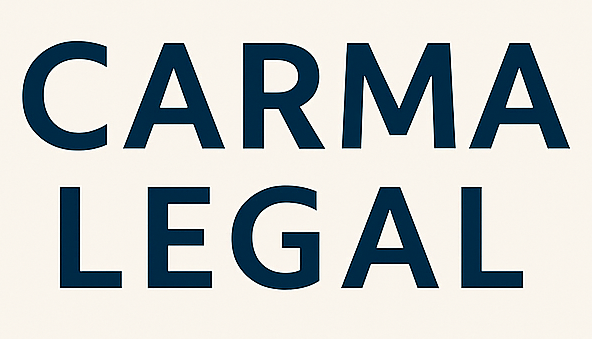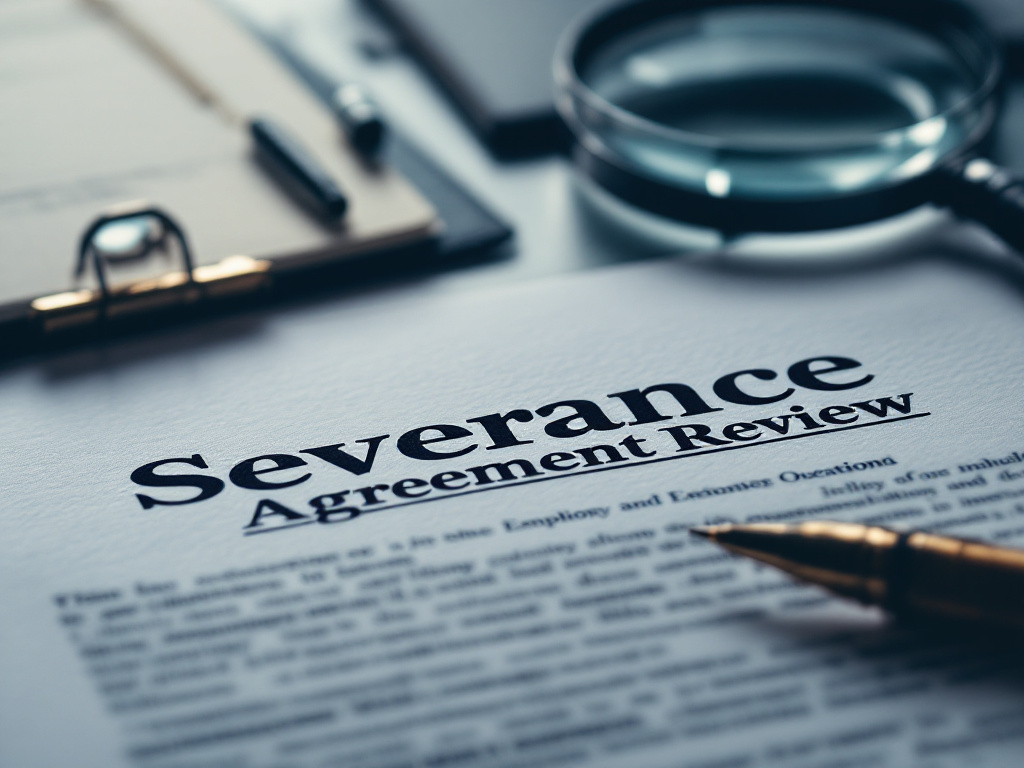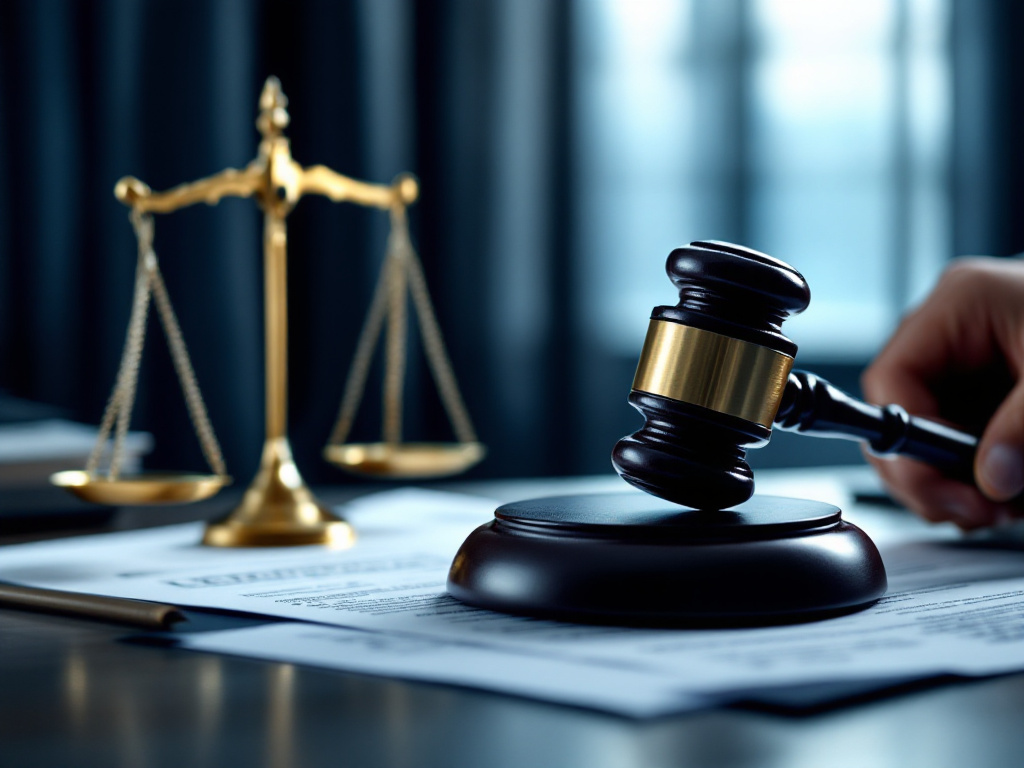When you suffer an injury on someone else’s property—whether from a slip, trip, fall or another hazard—you may face mounting medical bills, lost wages and emotional stress. In these situations, securing a negligent property owner lawyer can make the difference between absorbing costs yourself and recovering the compensation you deserve. A skilled premises liability attorney understands the complexities of property-owner negligence and will guide you through each legal step.
In this article, you’ll learn how premises liability works, what you must prove to hold a property owner accountable, common injury scenarios, and why you need legal counsel now. By acting promptly and partnering with an experienced lawyer, you help protect your rights and improve your chances of a fair settlement.
Understanding premises liability
Premises liability is the area of personal injury law that holds property owners or occupiers responsible for injuries caused by unsafe conditions on their land. If you’re injured because a property owner failed to exercise reasonable care, you may have a valid claim. Premises liability cases often involve:
- Slip, trip and fall accidents
- Dog bites and animal attacks
- Inadequate security leading to assault or robbery
- Falling objects or unsafe structures
At its core, premises liability requires showing that the owner owed you a duty of care, breached that duty, and directly caused your injuries. Statutes and case law vary by state, but the underlying principles remain the same.
Understanding duty of care
A property owner’s duty of care depends on your status when you entered the premises. Generally, visitors fall into three categories:
| Visitor type | Duty owed | Source |
|---|---|---|
| Invitee | Highest duty—must inspect, maintain and warn of hazards | The Perry Law Firm LLC |
| Licensee | Moderate duty—must warn of known dangers | The Leach Firm |
| Trespasser | Lowest duty—cannot willfully harm but no active duty | Ryan LLP |
- Invitees include customers at a store or guests at a public event.
- Licensees include social guests or solicitors.
- Trespassers enter without permission or legal right.
In addition to general hazard maintenance, commercial property owners may owe a higher duty to provide reasonable security measures—adequate lighting, functioning locks or security personnel—to prevent foreseeable crimes [1].
Identifying property hazards
Recognizing the unsafe condition that caused your injury is critical. Common scenarios include:
- Slippery floors from spills or wet cleaning
- Uneven flooring or broken stairs
- Cluttered aisles in stores or warehouses
- Poor lighting in parking lots or stairwells
- Unfenced pools or unstable railings
- Aggressive or unleashed animals
- Faulty security leading to assault
For example, if you slipped on a spill in a grocery aisle, you may consult a grocery store slip and fall lawyer. If you were bitten by a dog in a neighbor’s yard, you could reach out to a dog bite lawyer or animal bite lawyer. In every situation, the key is demonstrating that the hazard existed, the owner knew—or should have known—about it, and did not address it in a timely fashion.
Proving negligence elements
To hold a negligent property owner accountable, you must establish four elements of negligence:
- Duty of care: The owner owed you a legal obligation to keep the premises safe.
- Breach of duty: The owner failed to act as a reasonable person would under similar circumstances.
- Causation: The breach directly caused your injury.
- Damages: You suffered compensable losses, such as medical expenses or lost income.
| Element | What you must show |
|---|---|
| Duty | Your visitor status and the corresponding level of care |
| Breach | Evidence of unsafe condition or negligent security |
| Causation | Link between the hazard and your injury (e.g., medical records, photos) |
| Damages | Receipts, bills, pay stubs, testimony about pain and suffering |
Gathering strong evidence—photos of the hazard, maintenance logs, witness statements—will strengthen your claim. An experienced premises liability lawyer can help identify the best proof and present it effectively.
Taking prompt legal action
Time is critical in premises liability cases. Most states impose a statute of limitations—typically two years from the date of injury—to file a lawsuit. In Ohio, for instance, you generally have two years to act [2]. Indiana and Texas follow similar deadlines but may apply comparative fault rules that can reduce your recovery if you’re partially at fault [3].
To preserve your rights, take these steps immediately:
- Seek medical attention and follow through on all treatment
- Photograph the hazard from multiple angles
- Collect contact information for witnesses
- Report the incident to the property owner or manager in writing
- Keep copies of all bills, invoices and correspondence
By documenting each detail, you lay the groundwork for a strong claim. Your lawyer will use this evidence to demand fair compensation before insurers try to minimize your losses.
Benefits of legal representation
Hiring a negligent security attorney or premises injury lawyer provides significant advantages:
- Expertise in negotiating with insurance companies that aim to settle for the lowest amount
- Access to professional investigators and experts who can reconstruct the scene
- Skilled drafting of legal documents and court filings
- Ability to calculate future damages, including ongoing medical needs and loss of earning capacity
- Representation in mediation, arbitration or trial if necessary
Most personal injury attorneys work on a contingency fee basis, meaning you pay no upfront costs and the lawyer collects a percentage only if you recover compensation [4]. This aligns your interests: the better the outcome, the better for both you and your counsel.
Choosing your lawyer
When selecting a negligent property owner lawyer, consider:
- Experience: Look for a track record in premises liability, slip and fall and negligent security cases.
- Resources: Ensure the firm has investigators, medical experts and trial support.
- Communication: Choose an attorney who listens, explains legal concepts clearly and keeps you updated.
- Reputation: Read client reviews and check successes in settlements and verdicts.
You might ask any potential lawyer how they’ve handled cases like grocery-store falls, apartment slip incidents or dog attacks. For instance, a broken stair accident attorney will have dealt with similar hazards and know what documentation wins cases.
Taking the next step
You don’t have to face this process alone. If you’ve been injured on another person’s property, contact a qualified negligent property owner lawyer today for a free consultation. They’ll review your case, explain your rights and guide you through each stage—from gathering evidence to negotiating a fair settlement or pursuing a trial verdict. Taking action now ensures your claim stays on track and maximizes your chance for full compensation.
By understanding premises liability, documenting hazards and partnering with the right attorney, you move closer to recovery—financially and personally. Don’t delay; protect your rights and secure the support you need for lasting peace of mind.








